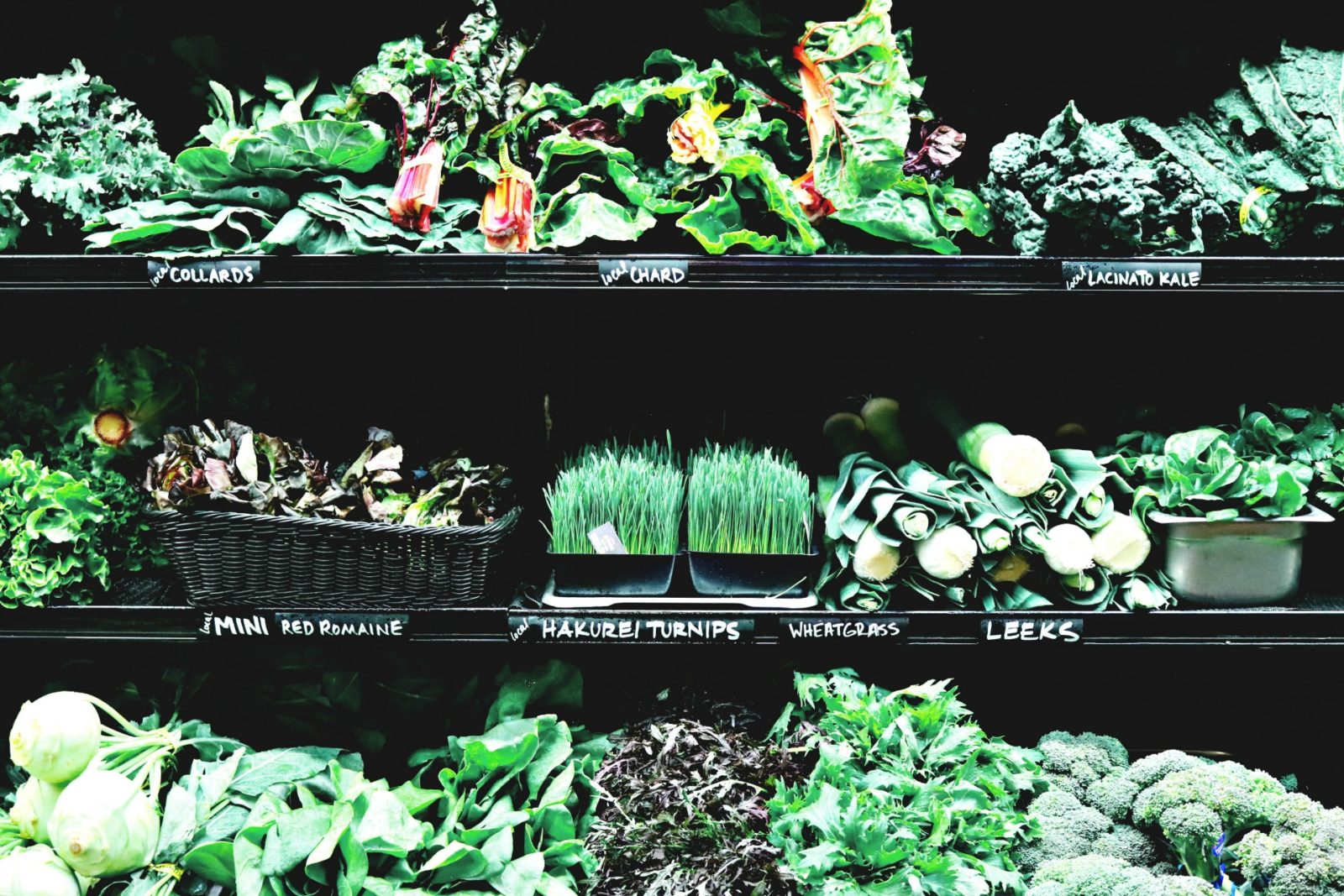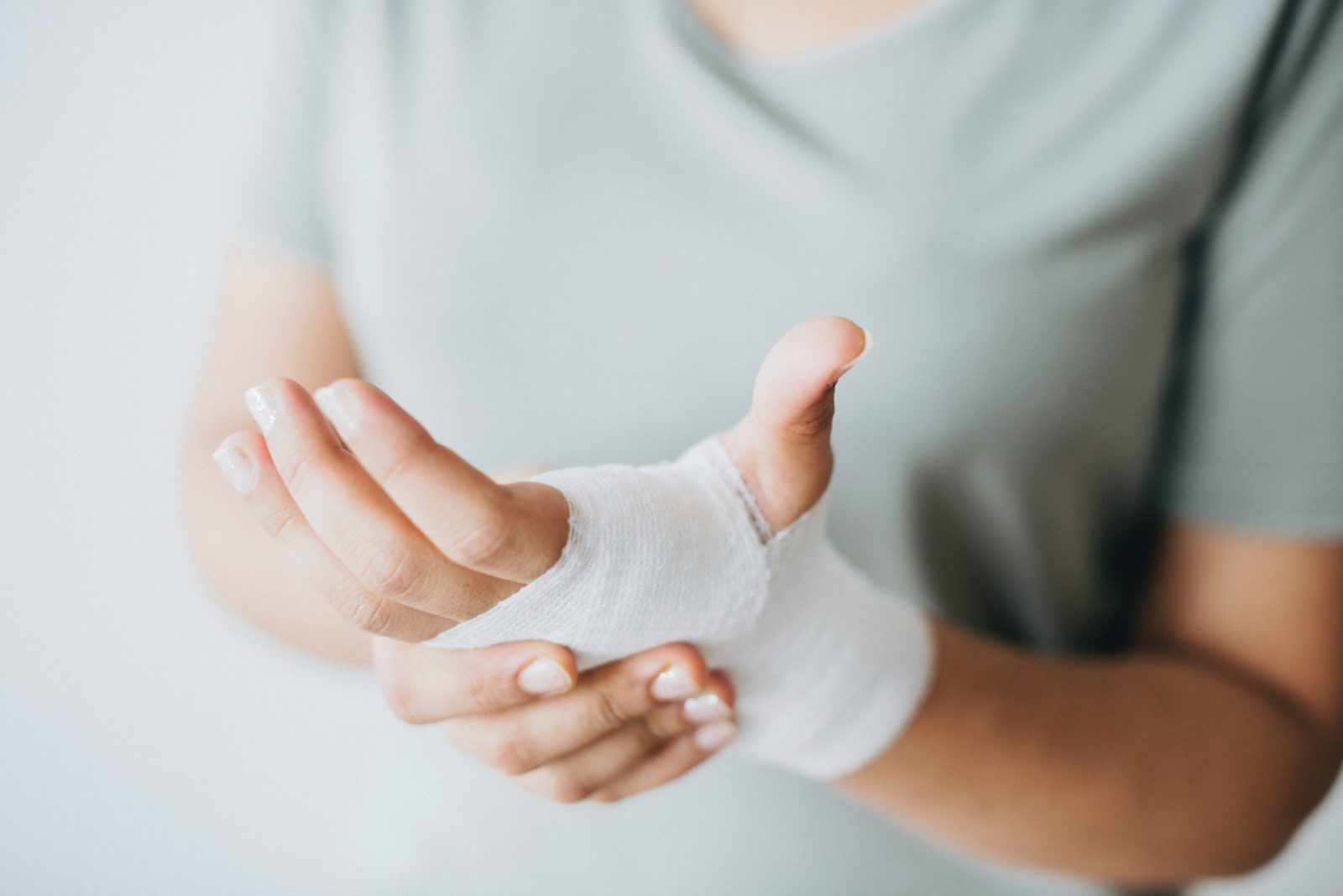Managing paper-thin skin and preventing skin tears

If you’ve noticed your skin becoming thinner as you age, you’re not alone.
While skin doesn’t become thin overnight, it’s more common with the ageing process and with it comes the increased risk of skin tears.
“Ageing, sun exposure and genetics all play a role in thinning skin,” Dr Zlatko Kopecki, Foundation Fellow at the University of South Australia, tells Starts at 60. “Protein composition of the skin changes with age.”
Skin produces less collagen and elastin in older age, which are both vital for skin to remain smooth, plump and strong. Levels of hyaluronic acid, which helps the skin stay hydrated and healthy, also decrease, leaving the skin dryer and more susceptible to tears.
Environmental factors such as pollution, irritants, toxins and overexposure to sunlight can also cause collage, elastin and hyaluronic acid to diminish faster, while certain medications such as aspirin, blood thinners, anti-inflammatory drugs and long-term use of oral or topical corticosteroids can weaken the skin. When this happens, the likelihood of a tear increases dramatically.
Equally, a number of health conditions can increase the risk of a skin tear. Those with chronically dry skin, muscle weakness, diabetes, immunodeficiency and peripheral vascular disease are at greater risk of experiencing a tear.

Recent research published in the Journal of Wound Care found skin tears are the most common wound in the older population and can increase the risk of chronic wounds, reduce quality of life and increase health-care costs. Those experiencing tears or thinning skin should talk with a GP about the best treatment options, but there are things everyone can do to keep the skin healthy and protected as they age.
One of the most effective ways to improve skin quality in through diet.
“In terms of eating, there’s definitely a link between nutrition and wound healing,” Kopecki says.
Vitamin A – commonly found in leafy greens, liver, eggs and milk – increases the inflammatory response in the wound healing process and stimulates collagen. Citrus fruits, berries, capsicum and tomatoes are all high in vitamin C, which is essential for collagen formation in the skin.
Vitamin C can also generate new blood vessels and act as an antioxidant to improve immune function. Vitamin E on the other hand – found in vegetable oils, seeds, nuts and leafy greens – controls tissue damage and immune function control.
Zinc and iron are also important nutrients when it comes to wound healing and are common in red meats, legumes and grains, while staying hydrated with plenty of water also adds moisture to the skin to help keep it supple.
Read more: Which anti-ageing ingredients work and which to avoid

Experts also recommend moisturising with cream daily to keep skin hydrated.
Moisturisers containing hyaluronic acid and vitamin A, C and E are recommended, but beware products containing fragrances as they may irritate or dry the skin further.
Sunscreens containing SPF 30 or higher are also recommended because UV light damages and weakens the skin over time.
When using soap in the shower, Kopecki suggests emollient soaps, which are non-cosmetic soaps often recommended for those living with eczema because they’re softer on the skin.
“They’re clinically better than the non-emollient soaps because they lower the incidence of skin tears by a third,” he says.
In cases where a wound occurs, it’s important to care for them properly to avoid further damage or pain.
Using non-adherent dressing, non-adhesive tapes and bandages is also encouraged, particularly in areas where skin is thinner or prone to tearing. Anyone experiencing on-going skin tears should contact their GP for advice.
Read more: Home remedies for preventing and treating your paper thin skin









 Proudly Australian owned and operated
Proudly Australian owned and operated